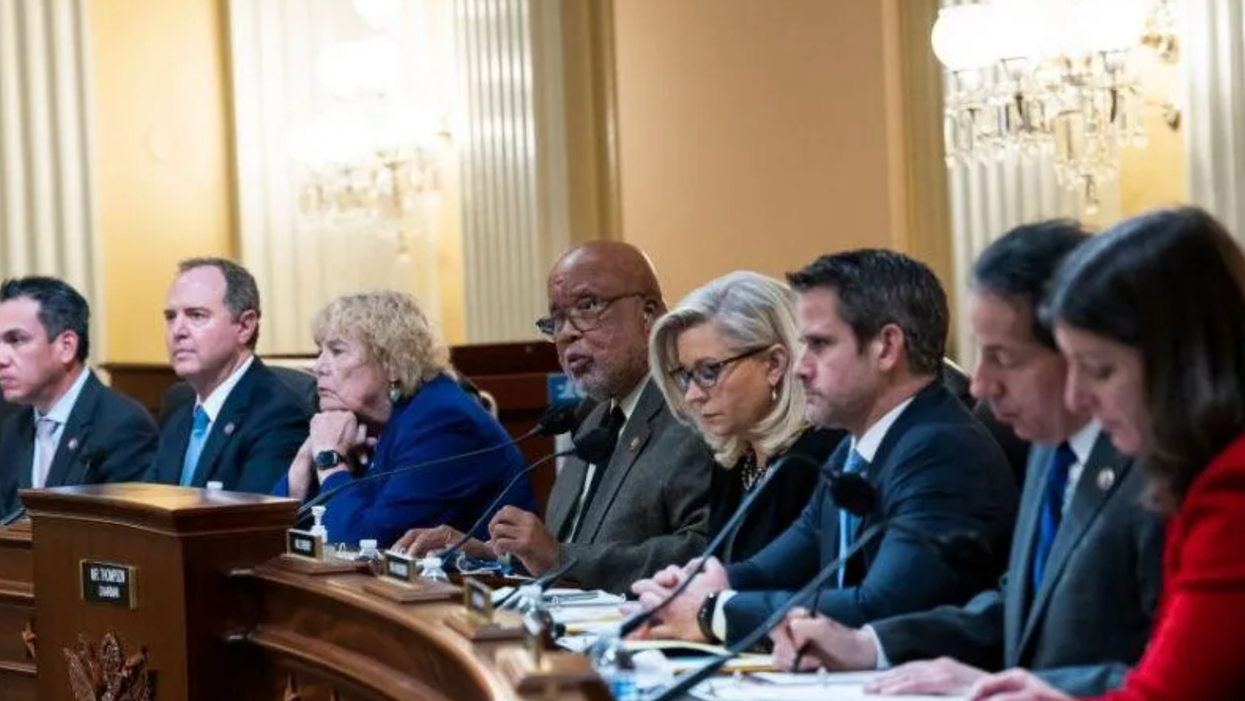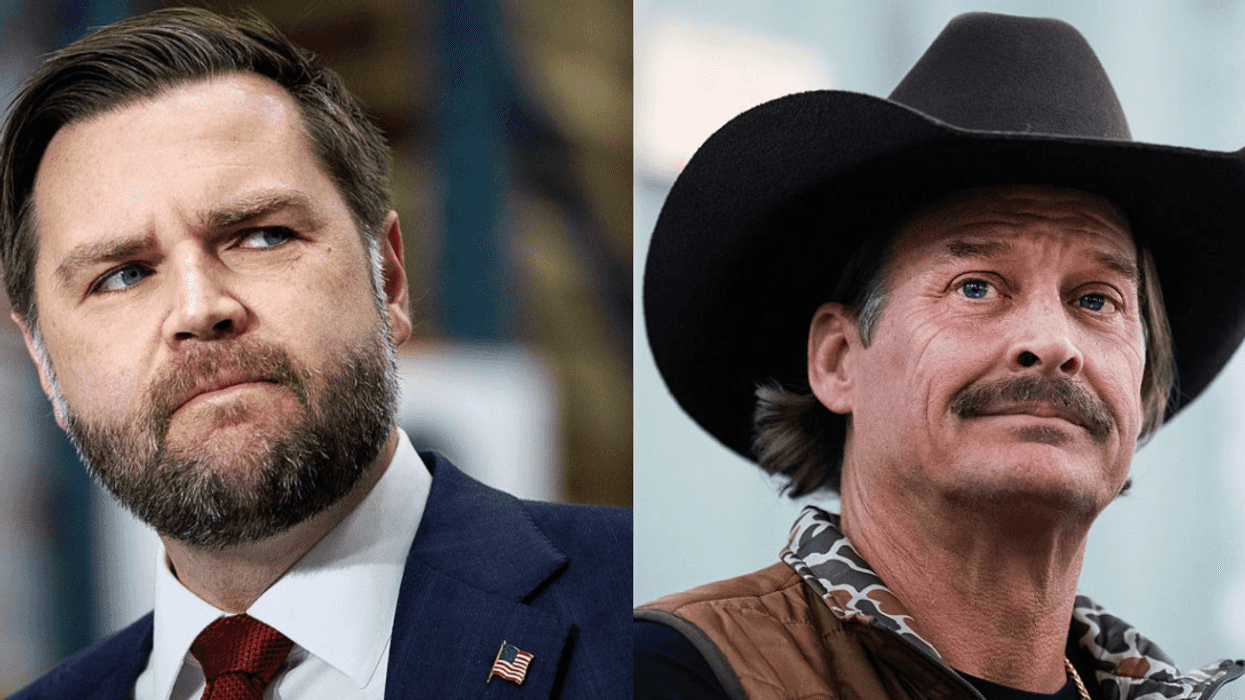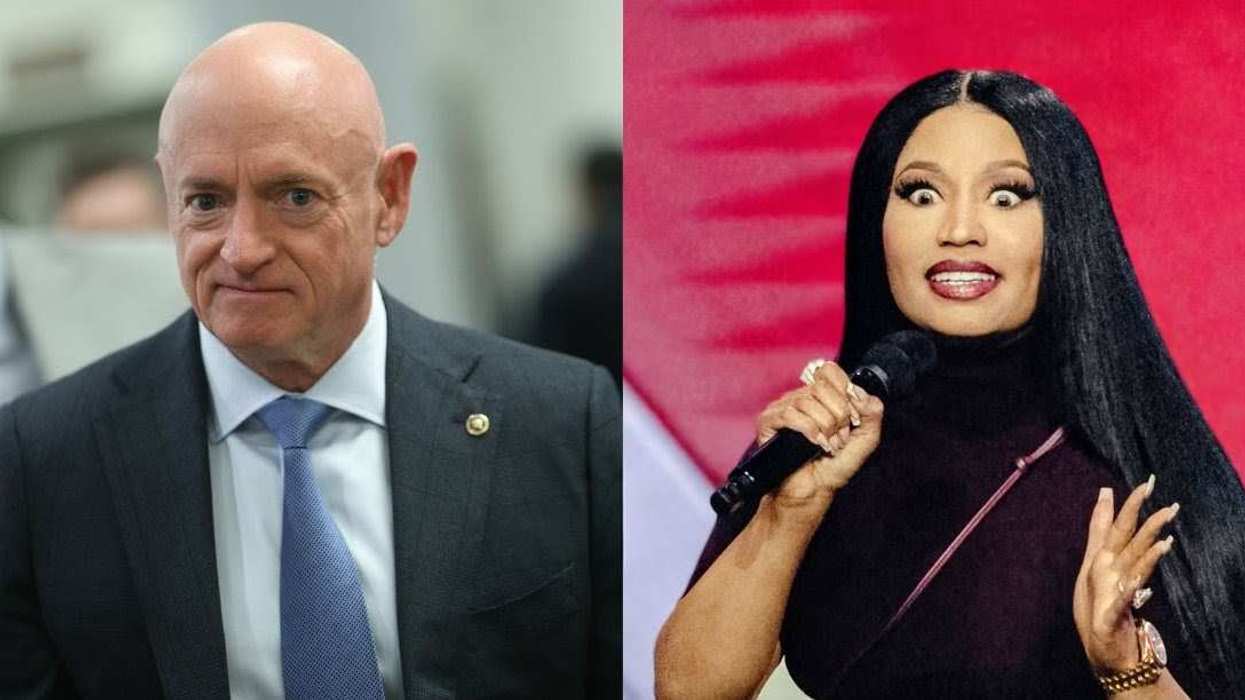Earlier this week, the New York Times reported that the January 6 Committee is weighing actual criminal referrals to the Justice Department for Donald Trump and his advisors as a part of its investigation of the attack on the Capitol. From this, questions already abound: What does this really mean? Didn’t they already make some referrals against Bannon and Meadows and how is this different? If the evidence is strong, why isn’t the Justice Department acting already? And what could the potential consequences be for Trump and his cohorts?
First, let’s be clear that a criminal referral from the Committee is not legally binding on the Department, which will make its own determination on whether the evidence warrants charges. Let’s also note that such a referral is unlike the criminal referrals for contempt we have seen against Bannon and Meadows, which are governed by their own statute and procedure. In this sense, what the Committee is reportedly contemplating—i.e. criminal referrals on two charges of obstruction of an official proceeding and wire fraud—is a massive escalation of the stakes.
Even though the referral would be technically non-binding, its importance politically speaking can’t be glossed over. The Justice Department has been careful not to insert itself into the Committee’s work, or more broadly into the political firestorm around January 6, except to charge the defendants who actually stormed the building. Over 700 cases have since been brought against the rioters, but none of the “political” higher-ups has yet been charged, much to the frustration of many observers.
This delineation is intentional. Like the Committee, Justice is working from the ground up and gaining what information it can from cooperating witnesses. The “soft coup” machinations of the Trump Campaign and its congressional allies and the events within the White House on January 6 are, like it or not, a political hot potato best handled by the bipartisan January 6 Committee. If the Department brought charges now, before much if any evidence is known to the public, it would again be seen as nothing more than a political tool of the president operating under a veneer of legal authority. Because the Department’s reputation was so sullied during the Trump years, the last thing Merrick Garland wants is a continuation of mistrust and doubt over the Department’s independent judgment and actions. Keeping the Department neutral in the eyes of the American electorate will go a long way to nudging it back toward where it was pre-Trump and pre-Barr.
On the other hand, should the weeks of hearings and testimony coming in 2022 culminate in a report that includes criminal referrals from the Committee—perhaps even announced by Vice-Chair and GOP House member Liz Cheney—this would provide significant political cover for the Justice Department. Cheney may be on the outs with her fellow Republicans, but she is no liberal and no friend of the Biden Administration. The work she and the Committee are doing also got a lift from Senator Mitch McConnell, who recently said of January 6 in an interview, “It was a horrendous event, and I think what they are seeking to find out is something the public needs to know.”
As for the potential criminal referrals themselves, my earlier piece explored why Rep. Cheney’s recent use of the words “corruptly obstruct” was so telling. That language comes straight from 18 U.S.C. Section 1512(c), which is part of the federal obstruction of justice statutes. That law has been in the news lately, too, because the feds have been charging some of the organizers of the insurrection with it on the ground that it was their intent to impede an official proceeding of Congress during the Electoral Count. In another recent article, I discussed the reasoning behind a ruling last week by Trump-appointed federal judge Dabney L. Friedrich, in which she held defendants could be charged under the statute because their actions were “corrupt” and that the Electoral Count was an official proceeding covered by the statute.
Rep. Cheney likely will make the case ultimately that the former president violated his oath of office to faithfully execute the laws of the United States, as he is required to do under the Constitution, and that this was done with corrupt intent. Specifically, Trump waited 187 minutes to act to stop the attack, reportedly watching it unfold gleefully, despite being begged by everyone from Fox News hosts to his own children to call it off. Both Cheney and Mitch McConnell have labeled this a “dereliction of duty,” and that is no throwaway line. Under the law in many jurisdictions, if you have a duty of care and you intentionally violate it, you can be held criminally liable. And your failure of duty certainly can rise to the level of acting “corruptly” if your intent was to gain from your own inaction.
Here, Rep. Cheney and the Committee will highlight facts that demonstrate Trump had a corrupt motive, which was to disrupt the Electoral Count itself, and that through his acts or even his inaction, he obstructed an official proceeding. The penalty for obstruction of this sort is up to 20 years in prison. This may explain Trump’s recent rant where he blasted the “Unselect Committee” for being a “coverup” for election fraud in 2020.
As for the potential wire fraud referral, it isn’t clear yet who might be charged, but the gist of it is this: The Trump Campaign knew as early as mid-November 2020, as evidenced by an internal investigation and memo, that the election fraud claims around Dominion Voting Systems and Smartmatic Software were bogus and unfounded. Despite this knowledge of its falsity, the Campaign used these claims to raise funds in the hundreds of millions of dollars. The use of deceptive or fraudulent claims to raise money across state lines via the wires or airwaves is a federal offense governed by the wire fraud statute, 18 U.S.C. Section 1343. And like the obstruction statute, wire fraud carries a stiff penalty of up to 20 years in prison.
We will likely hear more about what evidence exists on these two potential criminal charges as the investigation proceeds and there are public hearings on all that took place. It’s important to remember that among the 40 staff members who are assisting the Committee in its work are a few former federal prosecutors. They know from experience what evidence likely will be admissible and could make the case for a criminal referral and before a jury beyond a reasonable doubt. Given the political stakes involved, Committee staffers likely would not be talking to the Times about criminal referrals if the evidence at this stage didn’t look fairly solid.
For more political analysis, check out the Status Kuo newsletter.







 Roberto Schmidt/AFP via Getty Images
Roberto Schmidt/AFP via Getty Images





 u/pizzaratsfriend/Reddit
u/pizzaratsfriend/Reddit u/Flat_Valuable650/Reddit
u/Flat_Valuable650/Reddit u/ReadyCauliflower8/Reddit
u/ReadyCauliflower8/Reddit u/RealBettyWhite69/Reddit
u/RealBettyWhite69/Reddit u/invisibleshadowalker/Reddit
u/invisibleshadowalker/Reddit u/Wishnik6502/Reddit
u/Wishnik6502/Reddit u/kateastrophic/Reddit
u/kateastrophic/Reddit u/blking/Reddit
u/blking/Reddit u/SlagQueen/Reddit
u/SlagQueen/Reddit u/geezeslice333/Reddit
u/geezeslice333/Reddit u/meertaoxo/Reddit
u/meertaoxo/Reddit u/crystal_clear24/Reddit
u/crystal_clear24/Reddit u/stinkpot_jamjar/Reddit
u/stinkpot_jamjar/Reddit
 u/Bulgingpants/Reddit
u/Bulgingpants/Reddit
 @hackedliving/TikTok
@hackedliving/TikTok @hackedliving/TikTok
@hackedliving/TikTok @hackedliving/TikTok
@hackedliving/TikTok @hackedliving/TikTok
@hackedliving/TikTok @hackedliving/TikTok
@hackedliving/TikTok @hackedliving/TikTok
@hackedliving/TikTok @hackedliving/TikTok
@hackedliving/TikTok @hackedliving/TikTok
@hackedliving/TikTok @hackedliving/TikTok
@hackedliving/TikTok @hackedliving/TikTok
@hackedliving/TikTok
 @vanderjames/Instagram
@vanderjames/Instagram @vanderjames/Instagram
@vanderjames/Instagram @vanderjames/Instagram
@vanderjames/Instagram @vanderjames/Instagram
@vanderjames/Instagram @vanderjames/Instagram
@vanderjames/Instagram @vanderjames/Instagram
@vanderjames/Instagram @vanderjames/Instagram
@vanderjames/Instagram @vanderjames/Instagram
@vanderjames/Instagram @vanderjames/Instagram
@vanderjames/Instagram @vanderjames/Instagram
@vanderjames/Instagram